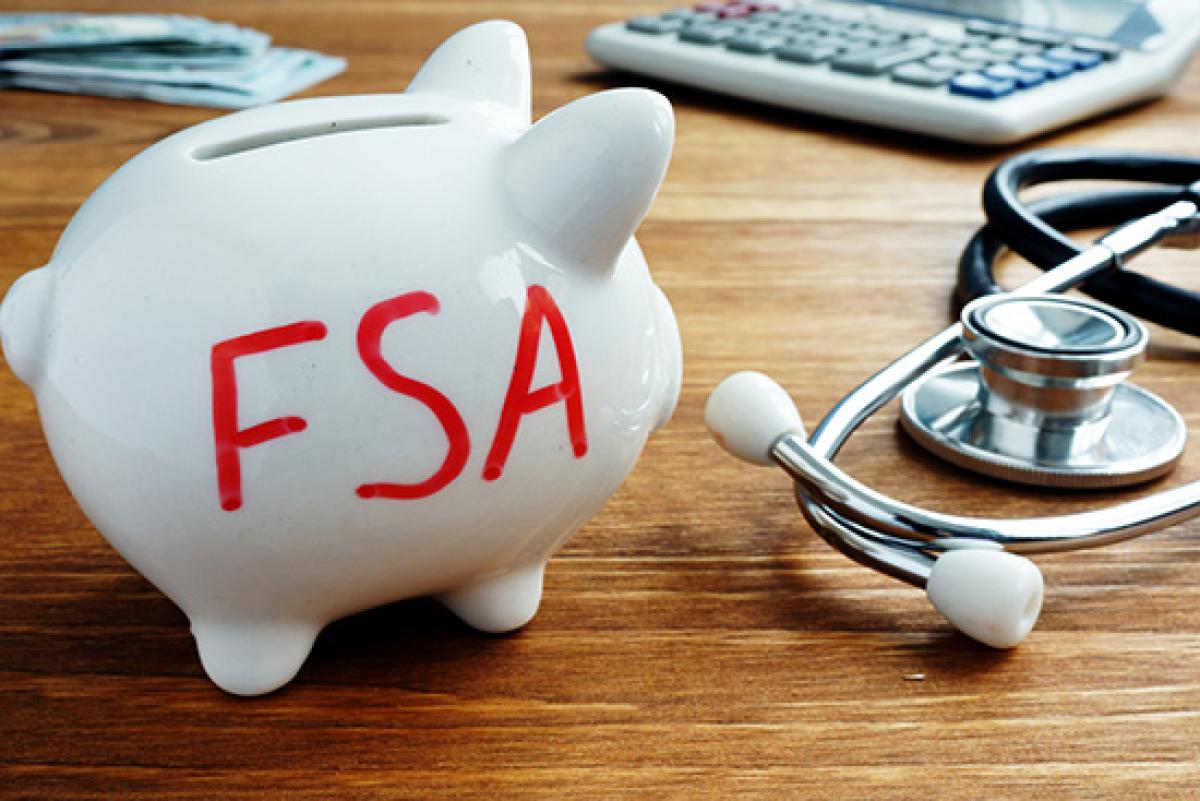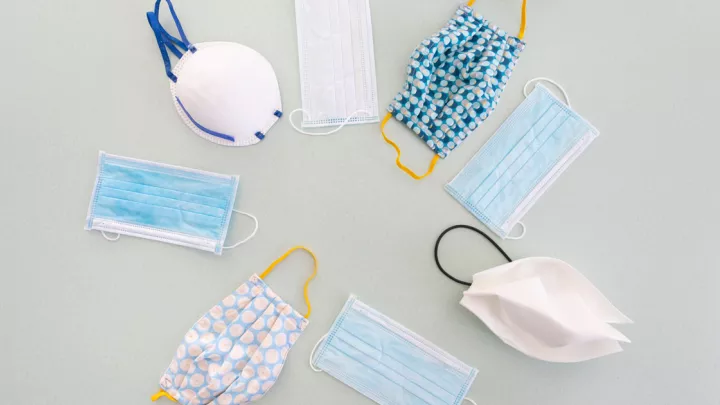Use it or lose it: 14 ways to use your FSA funds

If you have a flexible spending account (FSA), you're probably familiar with the year-end frenzy to use those remaining dollars.
Instead of panicking, take this opportunity to think of things you'll need that can last you into the next year. Think first aid kits, over-the-counter painkillers or period products.
Ready to put those FSA dollars to use before they're gone? To schedule an appointment with one of our doctors, call 800.922.0000.
A medical FSA allows you to deposit tax-free dollars into an account dedicated specifically for medical expenses. For 2022, the Internal Revenue Service (IRS) set the contribution limit at $2,850.
Your dollars typically do not carry over into the next year with an FSA. Some employers have tools to help you identify potential out-of-pocket health care expenses in the coming year, so you can determine how much to deposit into your account.
The IRS also allows employers to offer either a 75-day grace period to use your FSA funds or a $570 allowance to carry over unused funds into the following year. Check with your employer to see if either of these options are available to you.
The main thing is that you don't want to leave unused dollars in your account and lose them completely. To see if an item is FSA-eligible, check this list from the IRS.
Not sure how to spend your remaining FSA dollars? Consider these often overlooked options:
- Any prescription medication
- Over-the-counter medicines like acetaminophen and ibuprofen
- Masks, hand sanitizer and sanitizing wipes for COVID-19 prevention
- Broad spectrum, SPF 15+ sunscreen, lip balm and prescription skincare products
- Medically necessary fitness expenses like shoe inserts or athletic braces
- Period products like tampons, pads, period underwear and menstrual cups
- Mobility aids like wheelchairs, canes, walkers and crutches
- First aid kits, bandages and wraps
- Vision care related services or products like an eye exam, contacts or prescription eyeglasses
- Dental care services
- Birth control pills, contraceptive patches, IUDs, spermicidal creams and condoms
- Infertility treatments
- Pregnancy test kits
- Baby products like breast pumps, ear drops, diaper rash ointment and teething medication







